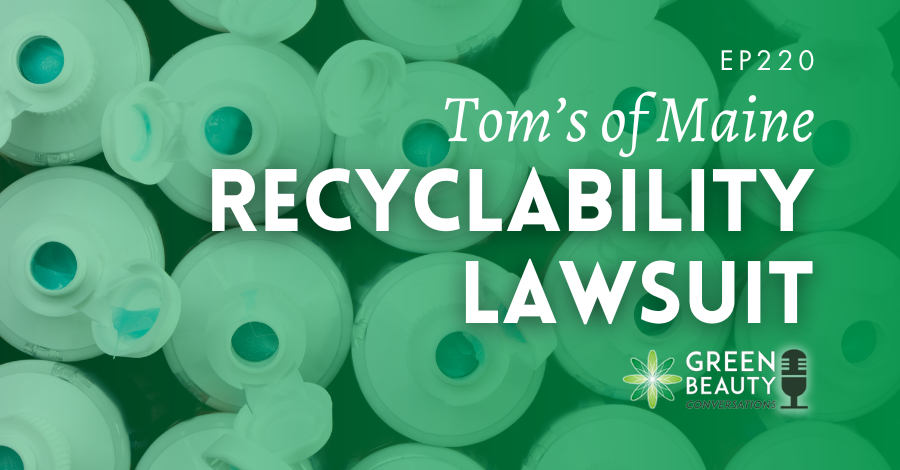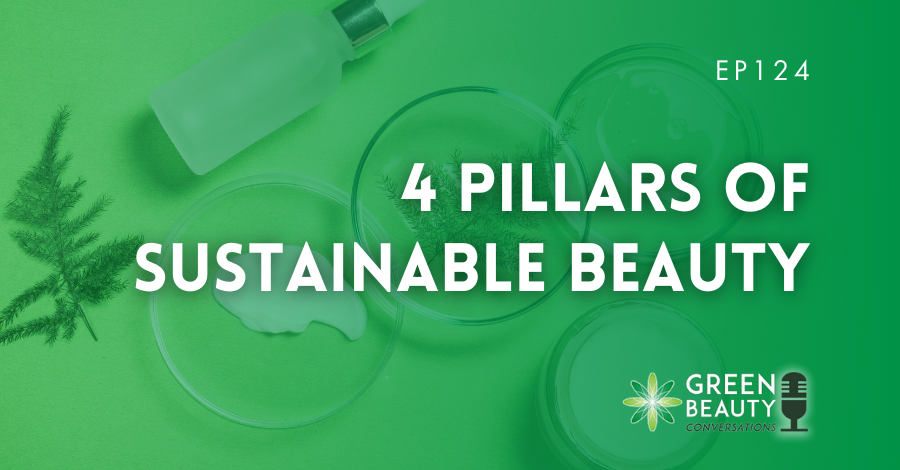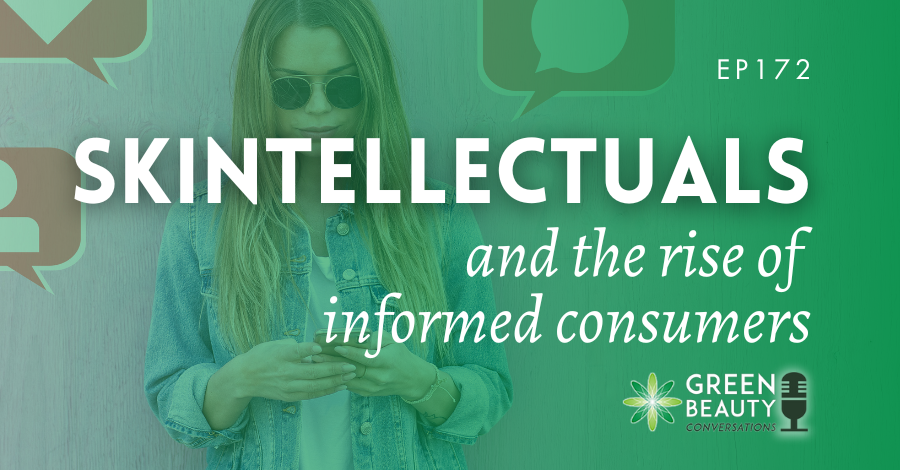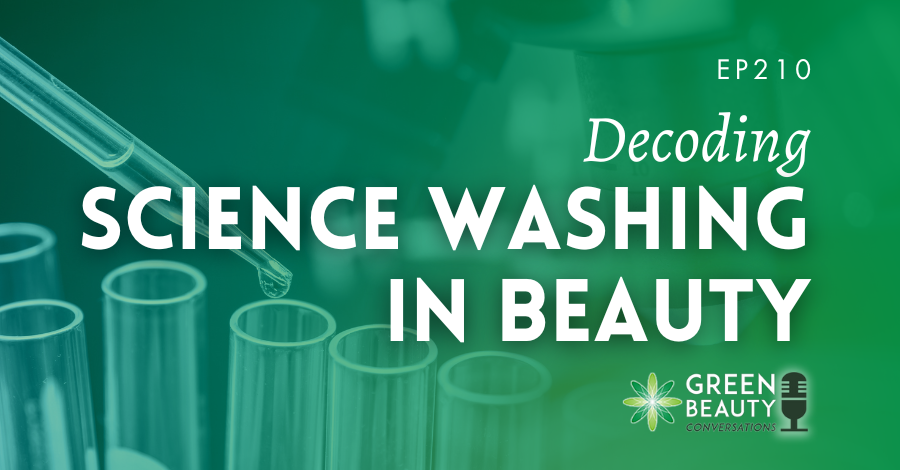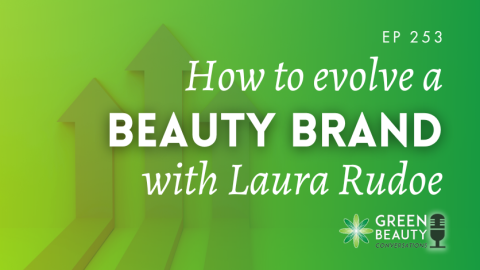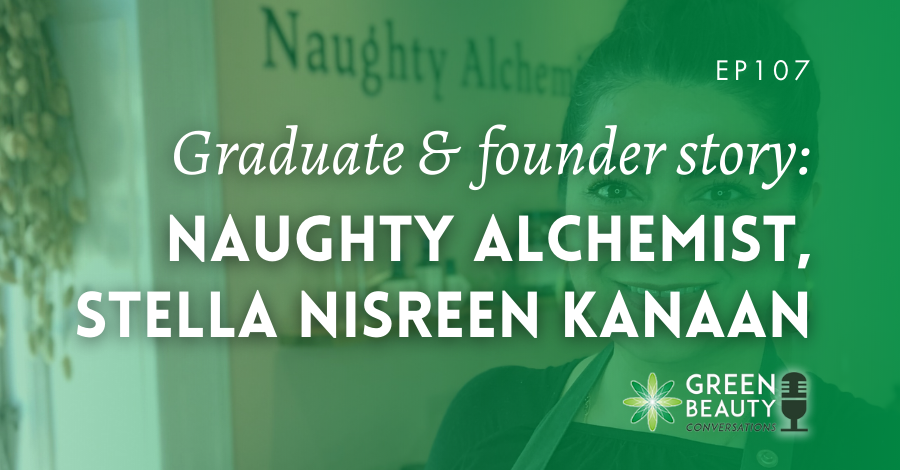Sustainability has become a beauty industry buzzword. Think of how often we’ve seen beauty brands claim they’re sustainable because they use natural ingredients. But claims are much more than that.
In this episode, Lorraine Dallmeier, a Chartered Environmentalist, Biologist, and CEO of Formula Botanica, dives deep into sustainability claims.
In last week’s episode, Maggie Spicer of Source Beauty talked about the industry’s move towards class action lawsuits over sustainability claims. This week, Lorraine turns the spotlight on Tom’s of Maine,. She explores the details of the class action lawsuit they face because they claimed their toothpaste tubes were recyclable.
As sustainability becomes a cornerstone of the beauty industry, brands must navigate a fine line for claims. Lorraine examines the allegations against Tom’s of Maine and highlights the importance of transparent and accurate marketing.
“Are we talking about theoretical recyclability or practical recyclability? This lawsuit against Tom’s of Maine forces us to confront this critical question and challenges the beauty industry to do better.”
Lorraine Dallmeier
In 2023, a class action lawsuit was filed against Tom’s of Maine, accusing the company of unlawful, unfair, and deceptive business practices. Consumers contested their claims of recyclable toothpaste tubes. This case underscores the distinction between theory and the realities of recyclability.
The problem arises with the terms Tom’s of Maine uses on its packaging. The company labelled their packaging “Recyclable Tube” and “First of Its Kind Recyclable Tube.”
Key Takeaways
- Understanding the lawsuit: The Tom’s of Maine class action lawsuit alleges that the company misled consumers about the recyclability of its toothpaste tubes. The plaintiffs argue that most US recycling facilities can’t process these tubes, which leads to their disposal in landfills. This theoretical vs practical recyclability sits at the heart of the lawsuit.
- Impact on green beauty: This lawsuit sets a precedent that could influence green beauty brands to re-evaluate their marketing strategies. As consumers become more educated and vigilant, brands must ensure their claims are backed by solid evidence to avoid legal repercussions. Lorraine discusses the implications this case has for the beauty industry. It could pave the way for more legal actions against brands making sustainability claims they can’t prove. This could prompt a shift towards more honest and transparent marketing practices.
- Consumer empowerment: The lawsuit highlights the growing power of consumers to hold corporations accountable. It serves as a reminder that every purchase is a vote for the kind of world we want to live in, emphasising the need for informed and conscious consumerism.
- Regulatory implications: If the lawsuit results in penalties for Tom’s of Maine, it could prompt stricter regulations on environmental claims in marketing. This could lead to more rigorous standards and greater transparency across the beauty industry.
- Future of sustainability: The outcome of this case could accelerate the shift towards more sustainable practices in the beauty industry. Brands that genuinely commit to sustainability will likely gain a competitive edge, fostering a more ethical and environmentally friendly market. This case underscores the importance of clear and honest communication from brands regarding sustainability claims. Lorraine anticipates that this lawsuit will set a precedent for future sustainability claims. She encourages listeners to stay informed and critical of the claims made by beauty brands.
Stay tuned for further updates on this case and more insightful discussions on sustainability in the beauty industry.
Thank you for joining us for this episode of the Formula Botanica Green Beauty Conversations podcast. If you enjoyed listening, please share, subscribe and review this episode on Apple Podcasts, Spotify or Youtube so that more people can enjoy the show. Don’t forget to follow and connect with us on Facebook and Instagram.
FREE TRAINING
Learn how to become an
Organic Skincare Formulator
FREE TRAINING
How to become an
Organic Skincare Entrepreneur
FREE TRAINING
How to become an
Organic Skincare Entrepreneur
Leave us a comment
Lorraine Dallmeier is a Biologist, Chartered Environmentalist and the CEO of Formula Botanica, the award-winning online organic cosmetic science school. Read more about Lorraine and the Formula Botanica Team.

